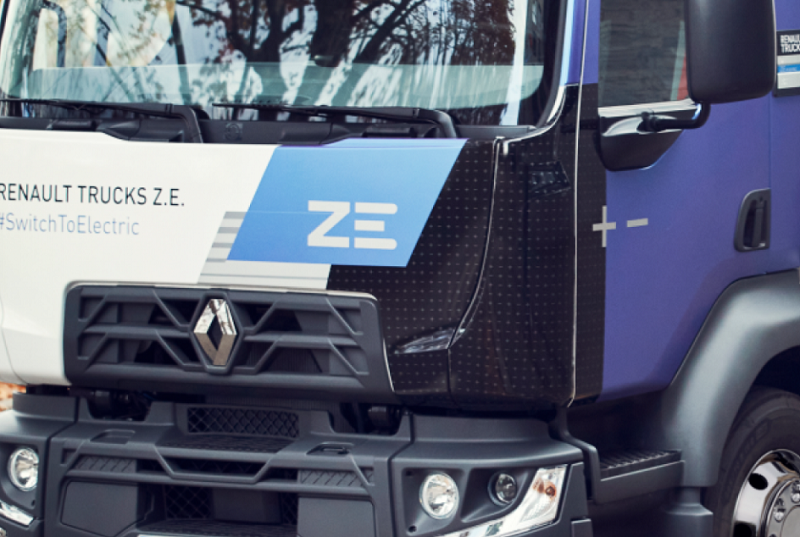An electric truck is a truck that uses electricity as its main power source. Electric trucks have many benefits over traditional gasoline or diesel-powered trucks. They emit no pollutants, they’re cheaper to operate and maintain, and they’re quieter. Electric trucks are also becoming increasingly popular as technology improves and becomes more affordable.
If you’re thinking about making the switch to an electric truck, there are a few things you need to know. In this blog post, we’ll outline everything you need to know about electric trucks, including the benefits, the drawbacks, and what to consider before making the switch.
Benefits of electric trucks
1. Zero emissions – Electric trucks produce zero tailpipe emissions, which means they’re much better for the environment than traditional trucks.
2. Quieter – Electric trucks are significantly quieter than their gasoline or diesel-powered counterparts. This is a major benefit if you’ll be using your truck in urban areas where noise pollution is a concern.
3. Cheaper to operate – Electric trucks are cheaper to operate than traditional trucks because you don’t have to pay for fuel. Additionally, electric trucks require less maintenance than traditional trucks, which can further reduce operating costs.
4. Increased torque – Electric motors produce maximum torque from 0 RPM, which means they have excellent acceleration. This is a major benefit if you frequently need to tow heavy loads or climb steep hills.
5. Regenerative braking – Regenerative braking is a feature that allows electric trucks to recapture energy that would otherwise be lost when braking. This can improve range and reduce operating costs.

Drawbacks of electric trucks
1. Limited range – Electric trucks typically have shorter ranges than traditional trucks, which means you’ll need to plan your routes carefully. Additionally, you may need to stop more frequently to recharge your truck’s batteries.
2. High initial cost – Electric trucks can be more expensive than traditional trucks, although the cost difference is decreasing as technology improves and battery prices continue to fall.
3. Infrastructural challenges – Electric trucks require access to charging infrastructure, which may not be readily available in some areas. Additionally, long-distance travel can be challenging since it’s not currently possible to recharge an electric truck’s batteries as quickly as a gasoline or diesel truck.
What to consider before making the switch to an electric truck
Before making the switch from a traditional truck, such as a concrete mixer truck, you need to consider the following points.
1. Your needs – Electric trucks may not be suited for everyone. Consider your needs carefully before making the switch. If you frequently travel long distances or haul heavy loads, an electric truck may not be the best option for you.
2. The cost – As we mentioned, electric trucks can be more expensive than traditional trucks. However, the cost difference is decreasing as technology improves and battery prices continue to fall. Additionally, you may be eligible for government incentives when you purchase an electric truck.
3. The infrastructure – Electric trucks require access to charging infrastructure, which may not be readily available in some areas. Make sure you have the necessary infrastructure in place before making the switch to an electric truck.
Final Words
Making the switch to an electric truck can be a great decision for many people. However, it’s important to do your research and consider all of your options before making a purchase. We hope this blog post has given you some helpful information about electric trucks so that you can make an informed decision.















